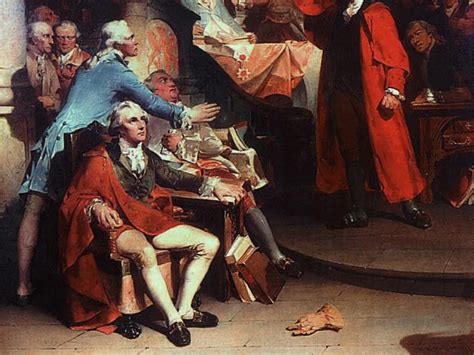The House of Burgesses, established in 1619 in the colony of Virginia, marked a seminal moment in the evolution of American democracy. This legislative assembly, the first of its kind in the New World, played a pivotal role in shaping the political landscape of the United States.

Genesis and Composition
The House of Burgesses emerged as a response to growing tensions between the Virginia Company, which governed the colony, and the colonists. In 1616, Sir Thomas Dale established martial law to quell unrest. However, escalating grievances led to demands for a more representative form of government.
Initially, the House of Burgesses comprised 22 “burgesses” elected by male freeholders. Each county and major town sent two representatives. The elections, held annually, fostered local participation and accountability.
Powers and Responsibilities
The House of Burgesses possessed a range of powers:
- Legislation: Enacting laws that governed the colony, including the criminal code, property rights, and trade regulations.
- Taxation: Levying taxes to fund government expenses.
- Petitions: Submitting grievances and requests to the governor and the Virginia Company.
- Oversight: Investigating government conduct and holding officials accountable.
Impact on American Democracy
The House of Burgesses left an indelible mark on the development of American democracy:
- Representative Government: By establishing a popularly elected legislature, the House of Burgesses laid the foundation for representative government in the United States.
- Checks and Balances: Its oversight powers allowed the House of Burgesses to check the authority of the governor, establishing a rudimentary form of checks and balances within the colony’s government.
- Model for Future Institutions: The House of Burgesses became a model for other colonial assemblies and later the United States Congress, reinforcing the principles of representative government and limited government.
Notable Members
Several prominent figures served in the House of Burgesses, leaving a lasting legacy on American history:
- John Smith: The explorer and leader of the Jamestown settlement served in the first House of Burgesses.
- Patrick Henry: A fiery orator and leader of the American Revolution, Henry’s speeches in the House of Burgesses inspired the colonists to resist British tyranny.
- Thomas Jefferson: The future third president of the United States served in the House of Burgesses and later became a prominent philosopher and author of the Declaration of Independence.
Table 1: House of Burgesses Representation
| County/Town | Number of Burgesses |
|---|---|
| James City | 2 |
| Charles City | 2 |
| Henrico | 2 |
| Warwick | 2 |
| Isle of Wight | 2 |
| Elizabeth City | 2 |
Table 2: Powers of the House of Burgesses
| Power | Description |
|---|---|
| Legislation | Enacted laws governing the colony |
| Taxation | Levied taxes to fund government expenses |
| Petitions | Submitted grievances and requests to the governor and the Virginia Company |
| Oversight | Investigated government conduct and held officials accountable |
Table 3: Notable Members of the House of Burgesses
| Name | Role |
|---|---|
| John Smith | Explorer and leader of the Jamestown settlement |
| Patrick Henry | Fiery orator and leader of the American Revolution |
| Thomas Jefferson | Third president of the United States and author of the Declaration of Independence |
Table 4: Impact of the House of Burgesses on American Democracy
| Impact | Description |
|---|---|
| Representative Government | Established a popularly elected legislature |
| Checks and Balances | Allowed the House of Burgesses to check the authority of the governor |
| Model for Future Institutions | Became a model for other colonial assemblies and later the United States Congress |
FAQs
- How many burgesses served in the House of Burgesses?
-
Initially, 22 burgesses were elected.
-
What were the qualifications for voters?
-
Male freeholders could vote.
-
How did the House of Burgesses contribute to the American Revolution?
-
Its oversight powers and its members’ leadership helped mobilize colonists against British tyranny.
-
What is the legacy of the House of Burgesses?
- It established the principles of representative government, checks and balances, and limited government in the United States.
